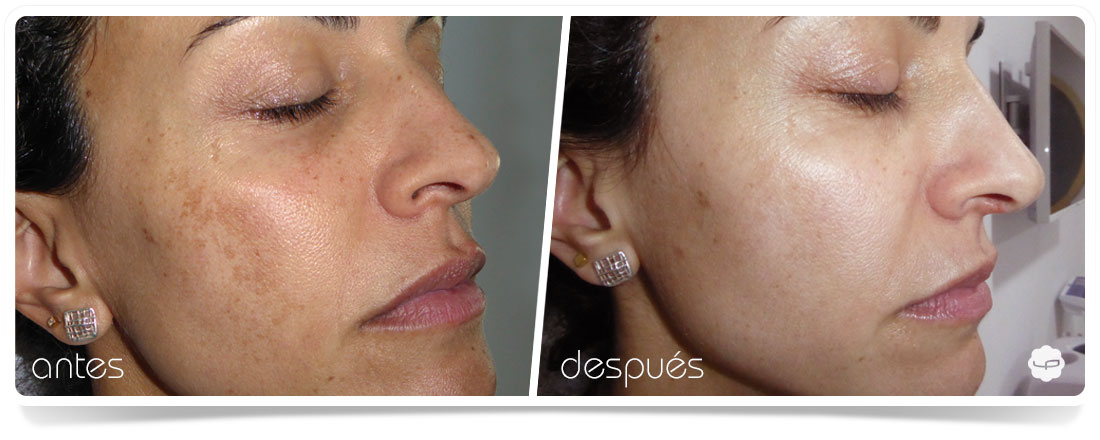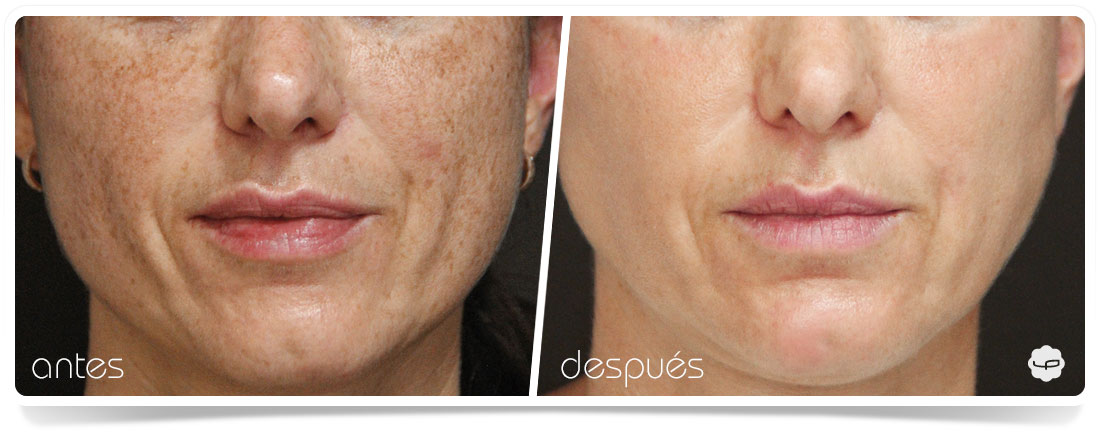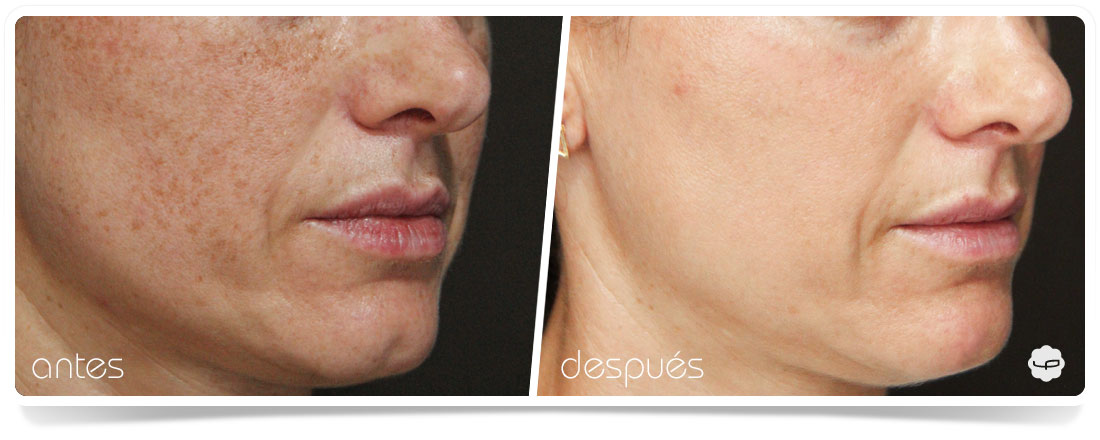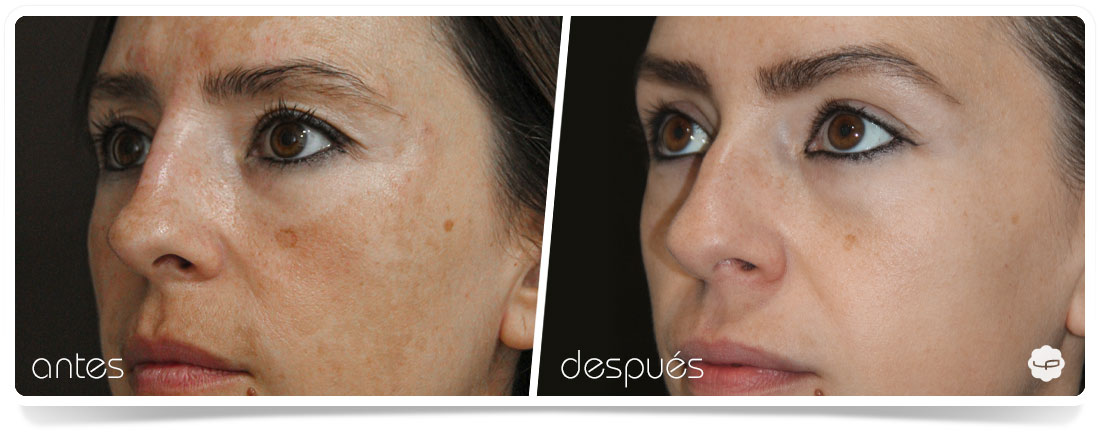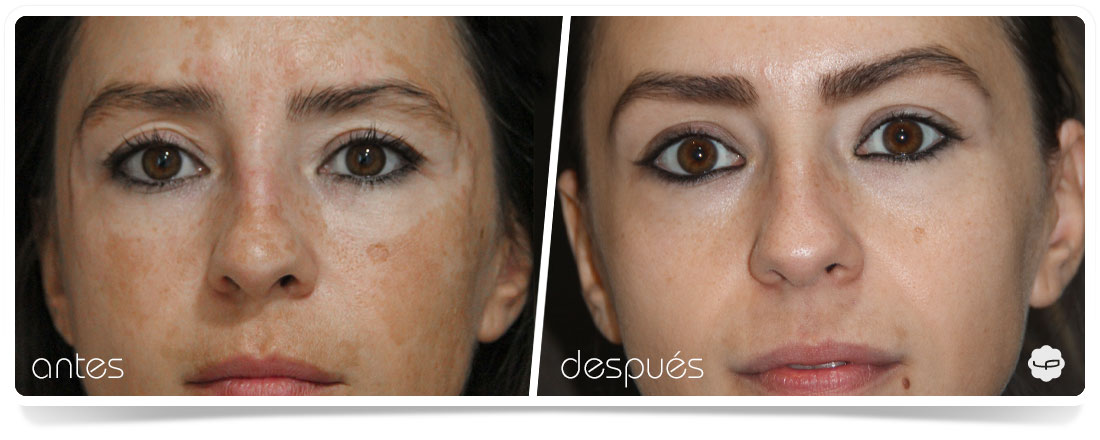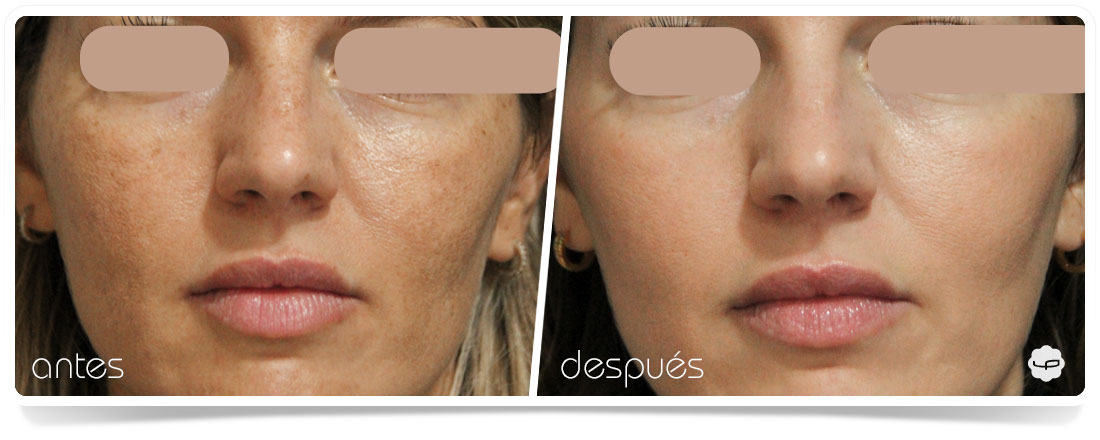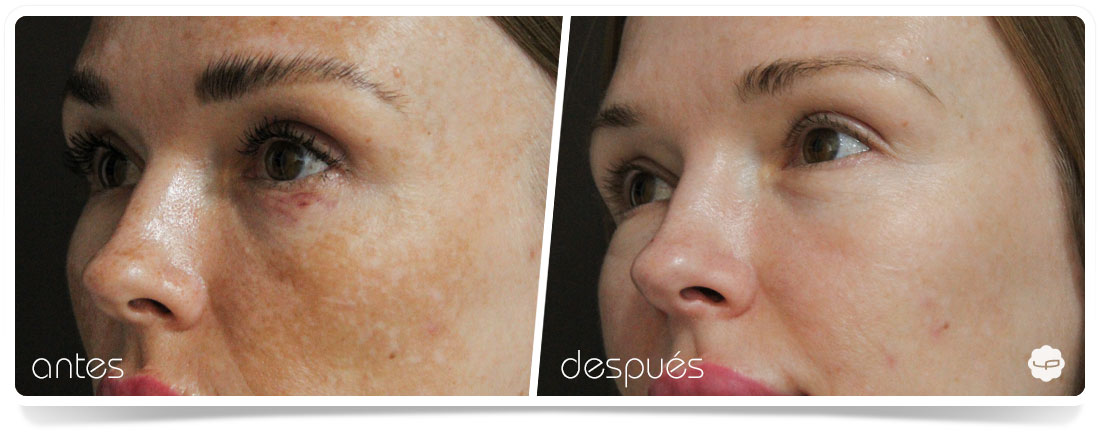
Melasma is a pigmentation disorder that manifests as brown or greyish patches, mainly on sun-exposed areas such as the face (forehead, cheeks, upper lip), neck and, in some cases, the arms. Although it’s not medically serious, its aesthetic impact can cause considerable emotional discomfort.
It mainly affects women of reproductive age with medium to dark skin types (Fitzpatrick IV to VI), although it can also occur in men. It is neither infectious nor contagious, but it tends to be chronic and persistent.
Melasma is a multifactorial condition. Common contributing factors include:
Melasma can significantly affect self-esteem, confidence and social interaction. Studies using the MELASQOL (Melasma Quality of Life Scale) have shown that facial pigmentation can negatively influence a patient's quality of life, especially when it affects visible areas.
Melasma is a complex condition that requires a personalised approach. At Clínica Áureo, we place great importance on prior diagnosis, as it’s essential to understand the origin and progression of each case before starting any treatment. Only then can we design an effective and safe plan.
Depending on each patient’s needs, we offer individual or combined treatment options. These may include microneedling, customised topical formulas, and oral medication, always assessed and supervised by our medical team.
Our goal is to improve the appearance of the skin in a progressive, respectful and lasting way, always prioritising patient safety and well-being.
